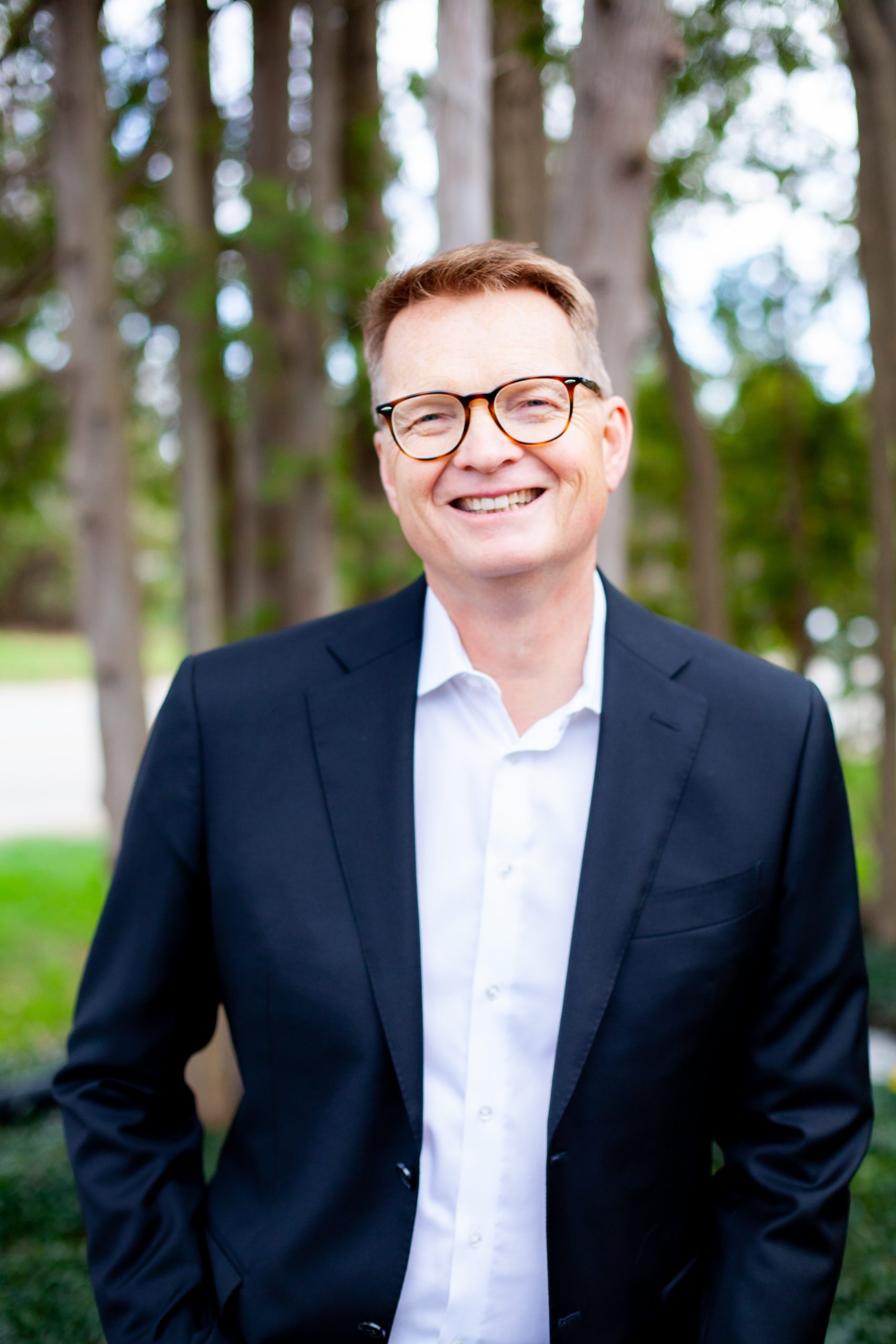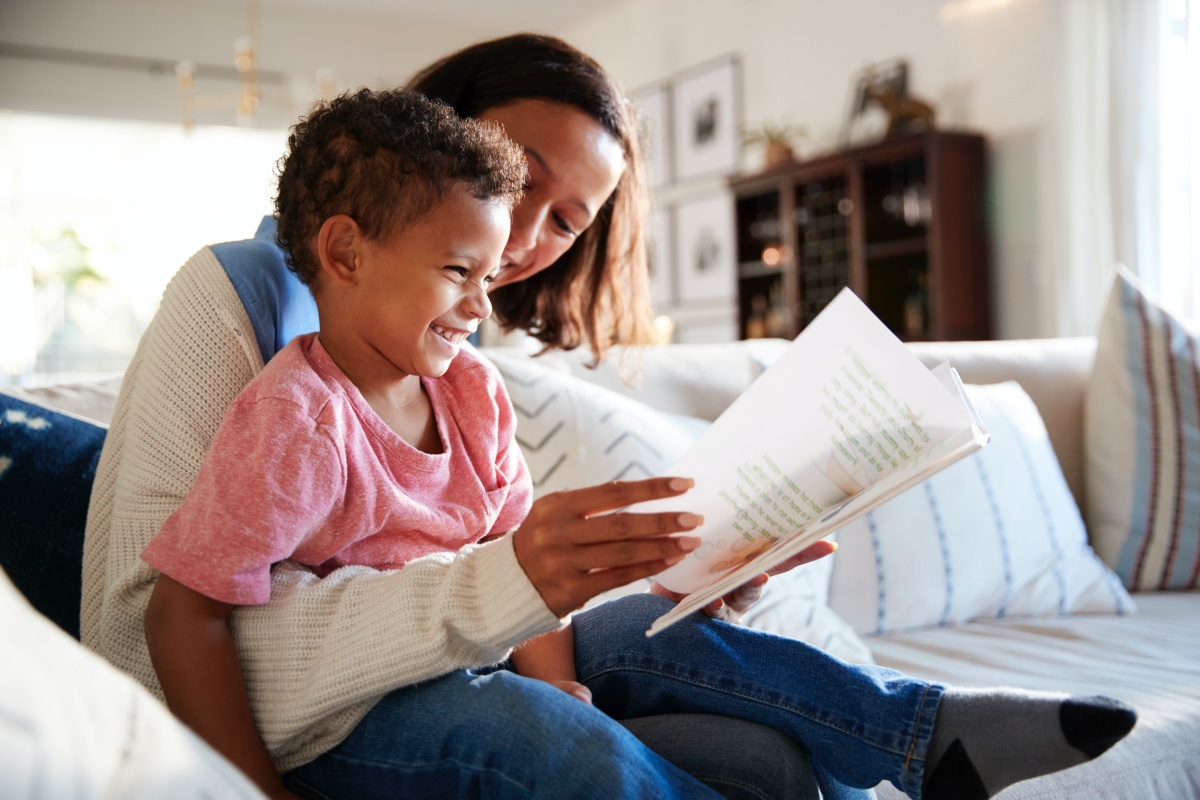
…are not just I love you.
I think every parent needs these three words too: I don’t know.
It was hard for me to say those words for the first time to my sons. I had no trouble admitting my lack of knowledge to others, it’s just that as a parent, it’s easy to think you need to have it all together for your kids.
As they got older, it got easier. Math has never been my strong suit, and once the elementary curriculum moved past basic addition, subtraction, multiplication and division, I had to refer my boys to their rather smart mom, who did know the answers to the questions. The older the boys got, the easier it became for me to say “I don’t know.” Because there’s a certain age at which they know that you don’t know, even if you pretend you do.
But here’s what’s also true: It’s always been easier for me to say “I don’t know” about life and academics than it has been for me to say “I don’t know” to questions about faith. There is a lot we can know about our faith, and indeed a lot we should know. But there is something inherently mysterious about it. And some things that are simply not knowable in this life.
As a parent, if we don’t get comfortable saying “I don’t know” about faith, we’ll probably try to come up with answers that ultimately turn out to be less than satisfying and maybe even less than true.
In fact, sometimes we give our kids spiritual answers we’re not sure of (or know aren’t true) hoping it will build their faith. But think about this: When has an unreliable or untrue answer ever built your faith? In fact, shaky answers have done the opposite to your faith–they’ve eroded it. Why would your kids be any different?
Is answering the question “Will there be dogs in heaven?“ with a made up answer all that different from answering “How do you find the sum of a vector?” with “Divide by three and cross your fingers”? Probably not. Eventually, your kids will figure out you don’t know what you are talking about, or worse, that you lied to them.
Why not just admit it? You can still show a commitment to helping them find out. And, if a question is unanswerable, what’s the downside to admitting what they will eventually discover anyway?
“I don’t know” doesn’t mean “I don’t believe.” It simply means I don’t know.
And instead of eroding our credibility, admitting we don’t know might actually, over time, enhance it. Instead of eroding faith, it might build it.
What has helped you in learning to say, “I don’t know”? What are your biggest obstacles to saying it?




